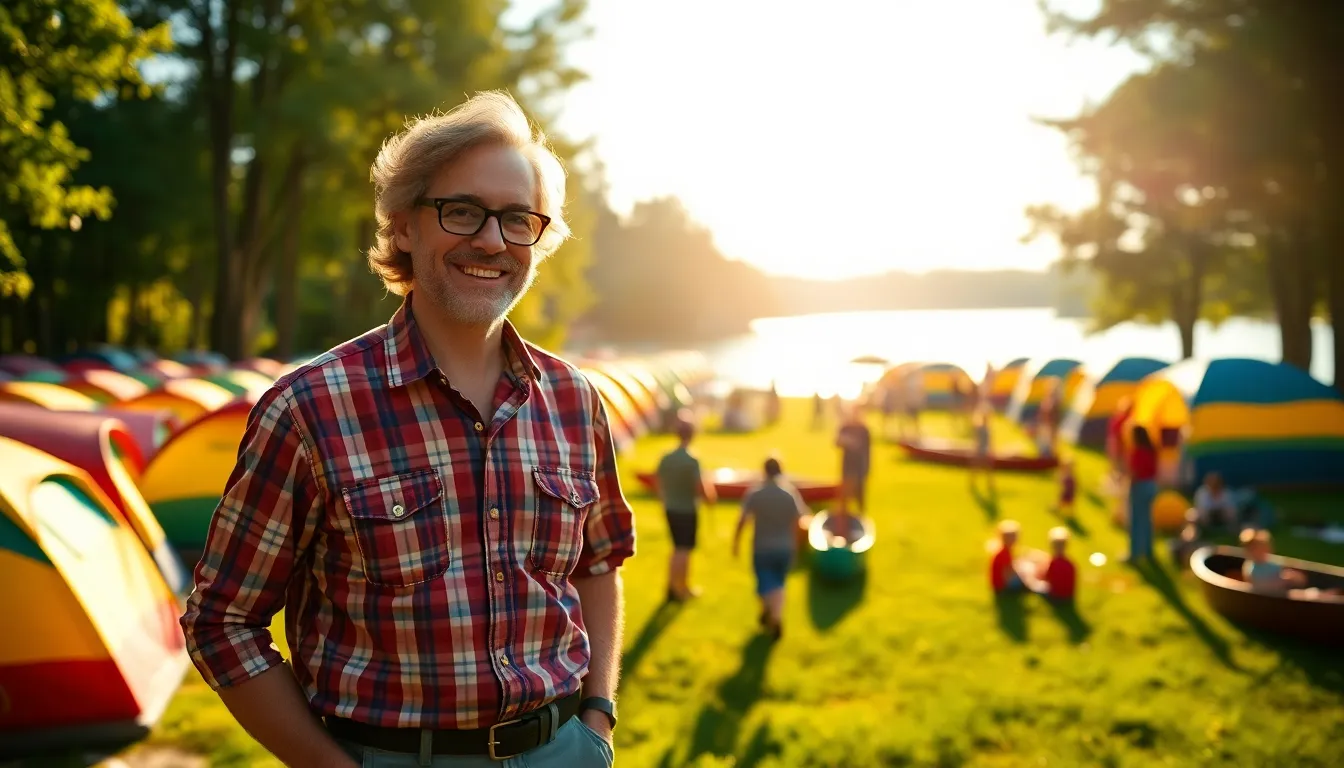Have you ever dreamed of owning a summer camp? Imagine the fresh air, the laughter of kids roasting marshmallows, and the aroma of campfire wood mingling with the scent of pine trees. It sounds delightful, doesn’t it? But as with any adventure, there may be more than meets the eye. This guide is designed to help potential buyers navigate the beautiful yet complex world of camp ownership. Buckle up: it’s time to jump into the opportunity of a lifetime.
Table of Contents
ToggleThe Appeal of Owning a Summer Camp

Owning a summer camp offers a unique blend of business and passion. It’s less about selling snacks and more about creating unforgettable experiences for families. Busy parents often seek out structured activities for their children, and a camp can provide just that. nnPicture yourself as the benevolent camp owner, walking through rows of vibrant tents and listening to the cheerful sounds of kids splashing in a lake on a hot day. Not only does this career path offer a rewarding emotional payoff by shaping young lives, but it can also present a lucrative business model. nnThink about it: enhanced community engagement, a potential for strong revenue streams, and the chance to reclaim those nostalgic childhood memories while providing a safe haven for kids. The appeal is clear, making ownership a charming and viable opportunity.
Types of Summer Camps Available
When searching for a summer camp for sale, it’s essential to understand the different types of camps available. Camps can vary widely based on focus, structure, and demographic. Here’s a quick rundown: nn### Traditional Camps nThese camps focus on a variety of activities such as swimming, hiking, and arts and crafts. They often foster teamwork and personal development in children. nn### Specialty Camps nThese cater to specific interests like sports, music, or science. If someone is passionate about horses, for example, they might find horse riding camps that offer specialized training. nn### Day Camps vs. Overnight Camps nDay camps typically operate during the day and return children home each night. Conversely, overnight camps provide a more immersive experience, allowing children to spend one or more nights under the stars away from home. Each type brings its own set of benefits to you and your campers.
Key Considerations When Buying a Summer Camp
Making the leap to buy a summer camp requires careful thought and strategic planning. Here are some key considerations to think through: nn### Evaluating a Summer Camp’s Potential nBefore diving into ownership, it’s crucial to evaluate the camp’s market position, revenue history, and clientele. A well-established camp with a rich history might present less risk, while a newer venture could offer more growth potential. nn### Location and Facilities nThe camp’s geographic location plays a major role in attracting clientele. A picturesque lake setting or proximity to hiking trails are appealing attributes. Also, consider the facilities themselves. Are cabins well-maintained? Is there access to water sports? Facilities can significantly impact your camp’s appeal and safety.
Market Trends and Demand
Just like any investment, it’s essential to stay informed about market trends when considering a summer camp for sale. Families are increasingly looking for unique experiences for their children. Camps that highlight environmental education, leadership development, and outdoor skills training are becoming increasingly popular. nnMoreover, post-pandemic demand has surged as families seek reassurance and adventure in nature. A camp that offers a blend of traditional activities with modern conveniences, like Wi-Fi (for parents’ peace of mind) can create a competitive edge.
Financing Options for Purchasing a Summer Camp
Buying a summer camp doesn’t have to expensive. Various financing options are available to potential owners. nn### Steps to Complete Your Purchase nFirst, outline your budget. Identify lenders that specialize in commercial properties, or consider Small Business Administration (SBA) loans that may provide favorable terms for camp purchases. A solid business plan can help entice lenders. nn### Due Diligence Process nBe sure to conduct a thorough due diligence process. This includes assessing current operations, understanding any existing liabilities, and ensuring that necessary permits and insurance are in place. Knowing the ins and outs of the camp will prepare you for smooth sailing ahead.
Closing the Deal
When it comes to closing the deal, having a real estate agent experienced in commercial properties can make all the difference. Negotiating terms, understanding contingencies, and facilitating the transfer of ownership requires nuanced knowledge and expertise. nnBe prepared for some back-and-forth, this is often a negotiation process. Once all terms are agreed upon and contracts are signed, congratulations. You’re officially the owner of a summer camp, ready to create memories for generations to come.



